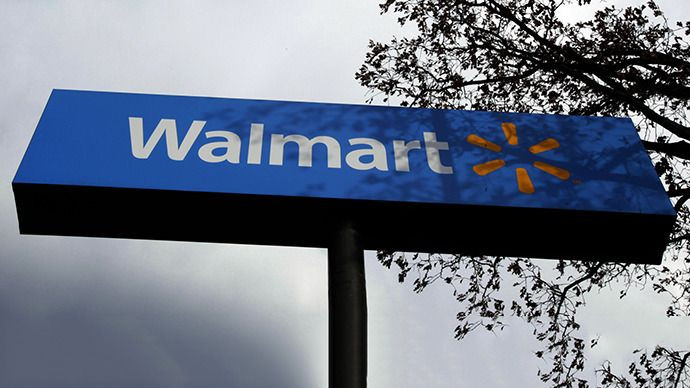Significant Foreign Investments In Retail In India Are Unlikely For Next Two To Three Years: Crisil

Foreign retailers that sell products from different brands under one roof, or multi-brand retailers, will not make significant investments in India for another two to three years, a report from rating agency Crisil Ltd (BOM:500092) said on Monday, citing the Indian government’s restrictive policy toward such companies.
Crisil, in the research note, said that the government’s recent clarifications on foreign direct investments, or FDI, regulations regarding mandatory investments in back-end infrastructure and sourcing would discourage potential investors.
“In the event a retailer decides to invest, it will be another 2-3 years before the retailer can roll out greenfield back-end and front-end infrastructure needed for a sizeable scale of operations,” Crisil said in its report.
The FDI in retail policy, which will allow foreign investments only in cities with a population of more than 1 million, requires a minimum investment of $100 million in retail infrastructure, half of which will have to support the back-end supply chain infrastructure.
India’s Department of Industrial Policy and Promotion, or DIPP, in a statement on June 6, clarified that foreign retailers will have to make fresh investments in back-end operations and front-end infrastructure to be eligible for launching their retail outlets in the country.
Apart from the restrictive rules, the economic slowdown and uncertainty in both global and Indian economies also would delay the entry of foreign retailers to the Indian market in the short term, Crisil said.
"Many global retailers are facing pressures on profitability in their home markets, and are unlikely to commit aggressive investments in foreign markets in the near future," the statement said.
Besides, the highly unstable political climate India in the run-up to the national elections in 2014 is also expected to deter foreign investors.
Despite the Indian government opening up the country's $505 billion retail market to FDI in September 2012, not much investment has flowed in to the sector. As the report notes, foreign retailers have to seek the approval of individual states and "only ten states and two union territories have agreed to do so."
Although several companies including retail giant Wal-Mart (NYSE:WMT) said last year that they would be launching their stores by the end of 2013, so far no significant investments have been made.
According to the Crisil report, growth in India's organized retail market has slowed down to 10 per cent in 2012-13, from an average 20 percent growth recorded between 2009 and 2012. However, Crisil expects retail growth to pick up but remain moderate at about 15 percent over the next two years.
© Copyright IBTimes 2025. All rights reserved.






















